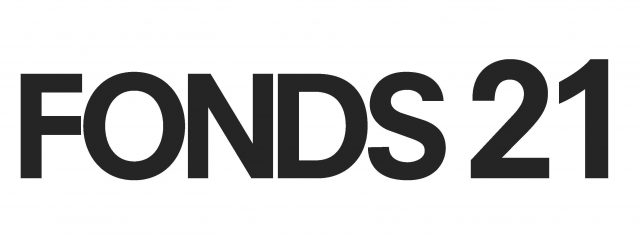Refugee Oral History project in the Netherlands
In the Netherlands Stichting BMP has started an innovative community-based refugee oral history project. The title of this project is Ongekend Bijzonder, which means Specially Unknown or Surprisingly Unknown.
Aim
The overall aim of the project is to collect and create a permanent record of individual refugees’ life histories accessible to general public. It is expected that the collection will comprise a significant body of testimony-based material on the subject of refugee lives in the Netherlands, and that the record will offer a new primary source for further research. The project started in October 2013 and will last till March 2017.
Background
Refugees are an integral part of the cities of Amsterdam, Rotterdam, The Hague and Utrecht. They have contributed to the economic, social and cultural fabric of the city, yet the lives of the city’s refugees and the history of refugee communities remain undocumented and marginalised. The public perception of refugees is largely shaped by the dominant media and political interests which often represent refugees in a negative light. The intention of the project is to initiate the process of changing such a situation.
Organisation
In the project 248 individual life histories of (former) refugees will be collected with special attention for the way they contribute to the development of the city they live in. The interviews will be conducted in either the Dutch Language or the interviewee’s mother tongue.
There also will be sixteen sub-projects in which refugees of the participating communities are invited to make an artistic presentation of a common theme in their stories. These projects are accompanied by professional artists.
Finally in each city, there will be a presentation to the public by means of theater, opera, art exhibitions, story telling et cetera, based on the collected material. These final presentation will be made in collaboration with the city museums, archives and other public institutions. At the end of the project the life stories will be made accessible through a website, there will be a book for the general public and an (international) final symposium.
In each city the main partners (Museums, Archives and Refugees) are represented in a local steering group. On a national level a committee of experts from different disciplines explores the many questions related to the project.
To collect the stories according to oral history standards and to organize the group projects twenty fieldworkers from the ten participating communities are following a professional training programme of six months. Every interview will be presented in a combination of audio and video formats and will be transcribed and/or translated. To ensure the streaming and accessibility of the material we work together with the Royal Netherlands Academy of Arts and Sciences (KNAW).
Further data:
Stichting Bevordering Maatschappelijke Participatie (BMP) means: Foundation for the Promotion of Social Participation.
The local steering groups have decided that the project will aim at the following refugee communities:
- Amsterdam: Iranian, Iraqi, former Yugoslavian and Eritrean
- Rotterdam: Iranian, Iraqi, former Yugoslavian and Chilean
- The Hague: Iranian, Afghan, Somalian and Congolese
- Utrecht: Iranian, Afghan, Ethiopian and Vietnamese
The local steering groups have been making plans for the final presentations to the public in each city during the Ongekend Bijzonder Festival (2016).
Partners in the project include:
Amsterdam Museum, Museum Rotterdam, The Historical Museum of the Hague, Centraal Museum (Utrecht), Stadsarchief Amsterdam, Stadsarchief Rotterdam, Gemeentearchief Den Haag, Het Utrechts Archief and The National Archives of the Netherlands, The Dutch Council for Refugees and The Foundation for Refugee Studies UAF.
The first part of the project was funded by SNS Reaal Fonds, the European Commission (migration funds) and the city of Amsterdam. The second part received funds from Fonds 21, Stichting DOEN, VSB fonds and the the European Commission (migration funds).
Members of The Committee of Experts are:
- Haig Balian, Director Artis Zoo and former film producer.
- Paul Brood, Advisor Nationaal Archief and Editor NA magazine.
- Wim Budding, Cultural Pedagogue. Former director of BMP .
- Domenica Ghidei Biidu, former Member Dutch College of Human Rights.
- Halleh Ghorashi, Professor Diversity and Integration at the Free University.
- Maarten Huygen, jurist, Head of Opinion NRC Handelsblad.
- Selma Leydesdorff, Professor Oral History and Culture at the University of Amsterdam
- Ad van Liempt, Journalist, and founder of many television programmes on history.
- Arnoud Odding, Director Rijksmuseum Twenthe, strategic advisor of museums.
- Mardjan Seighali, Director of the Foundation for Refugee Studies UAF and former vice-director of the Dutch Heritage Foundation.





